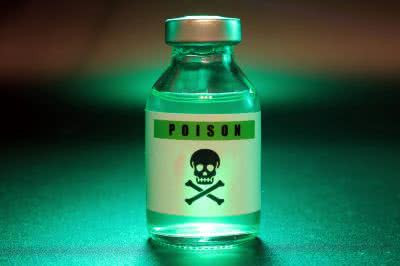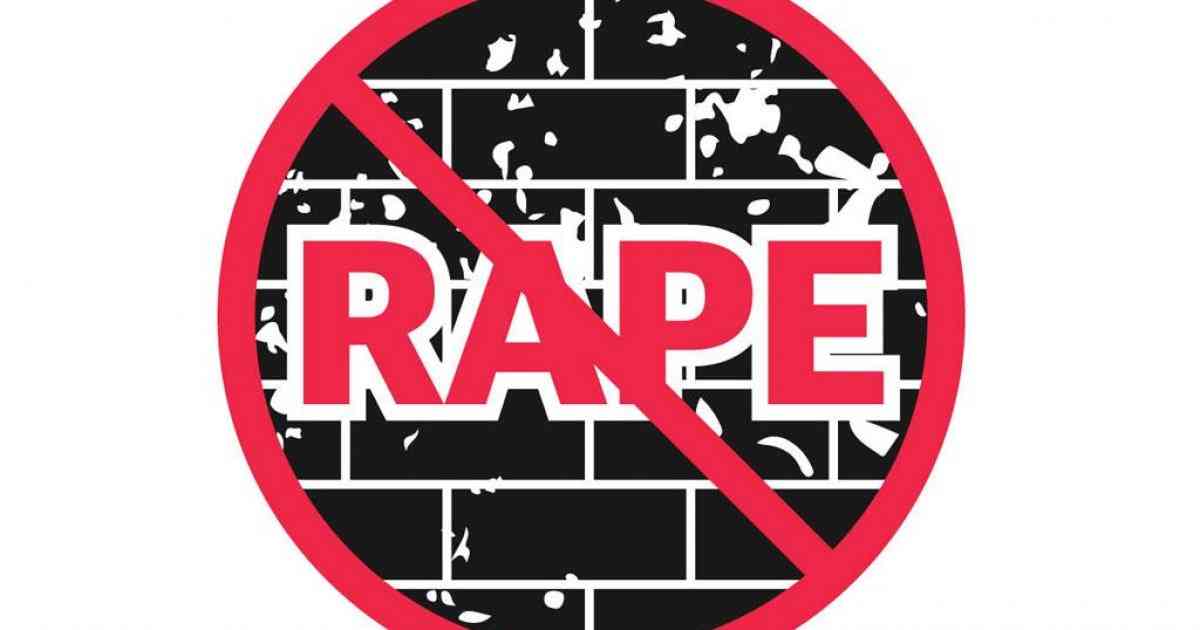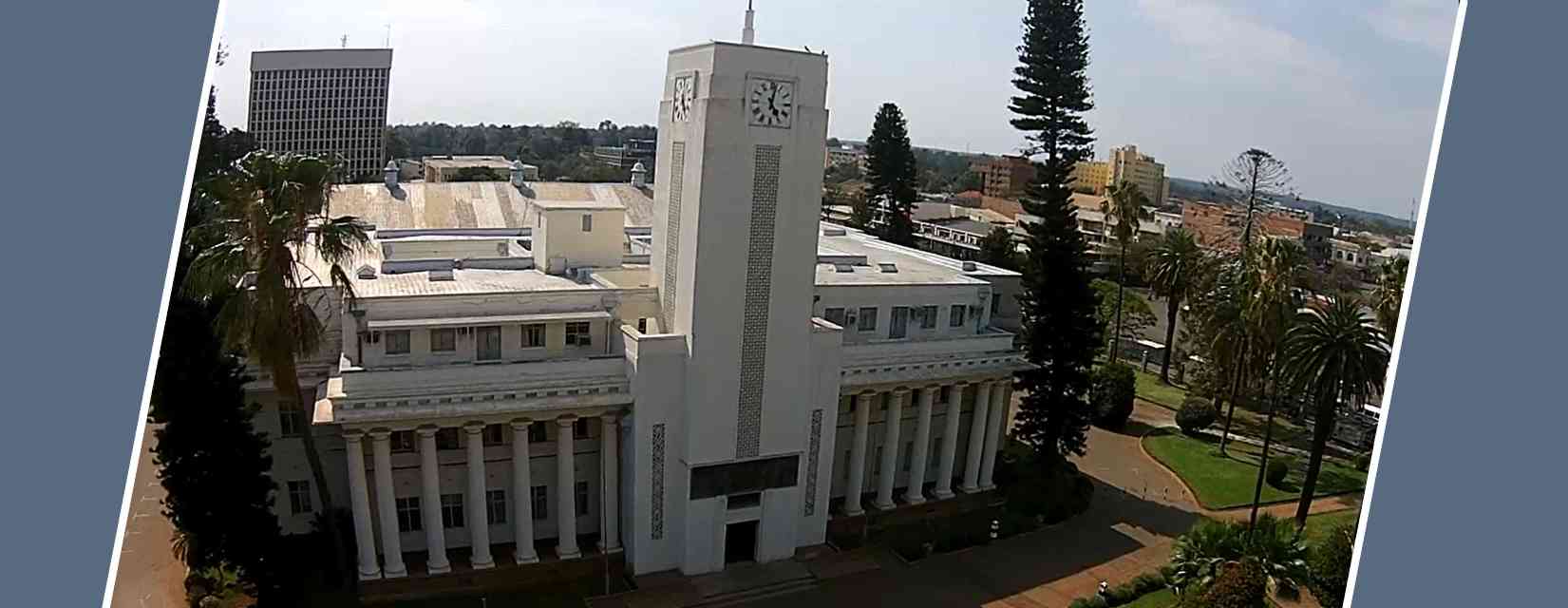
GWANDA’s Chief Mbiko Masuku says livestock farmers in the country’s mining areas have been left counting losses from animal deaths resulting from harmful mining practices in the district.
Their livestock is slaughtered and incinerated after consuming water heavily polluted by mining residues and other chemicals.
The farmers also lose livestock which die after falling into mining pits.
An affected farmer himself, Chief Masuku, called for stakeholder concerted interventions to ensure responsible mining activities to preserve the environment.
Chief Masuku made the remarks during a meeting between Zimbabwe Mining Safety Health Environmental Council (Zimshec) and the Gwanda Rural District Council.
Zimshec, a non-profit non-governmental organisation, is leading awareness campaigns on responsible mining practices and other interventions targeting small-scale and artisanal miners.
He said losses to preventable human-induced disasters were heart-breaking.
“Mining has improved lives but it has affected other sectors,” he said.
- Record breaker Mpofu revisits difficult upbringing
- ED speaks on prices, exchange rate
- Mapeza looks forward to Bosso challenge
- Illegal gold rush fuels violent crimes
Keep Reading
“If done orderly we will all be happy. All stakeholders must co-ordinate and spare no efforts to achieve proper mining practices that protect and benefit all.”
Extensive artisinal mining practices take place in most areas around Gwanda and Bulawayo where open defecation is blamed for measles.
“We applaud the Zimshec initiative,” Masuku said.
“This can bring sanity in mining activities and bring harmony between mines and farmers. We hope our government departments and other stakeholders work together and save the environment,” Chief Masuku said.
Zimshec executive director Makumba Nyenje said they wanted to educate miners on the importance of responsible mining.
“We believe that zero harm of the miners and environment is achievable if we all put our minds to it,” he said.
Other Zimshec interventions include the training of both small-scale and artisanal miners on rescue operations, personal and environmental safety.
It is also facilitating courses for miners at the School of Mines in Bulawayo and some universities.
Gwanda RDC chairperson Phathiswa Ncube said the interventions were key in saving the environment.
“We are worried about conflicts between farmers and miners,” he added.
“We hope solutions will be found where laws can speak to each other for harmonious relations between miners and farmers. We are concerned about diseases, mining accidents where there is loss of lives.”
Matabeleland South chairperson of small-scale miners Philemon Mokuele, who is also a director of Zimshec, echoed similar sentiments.









